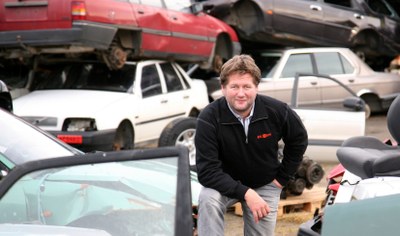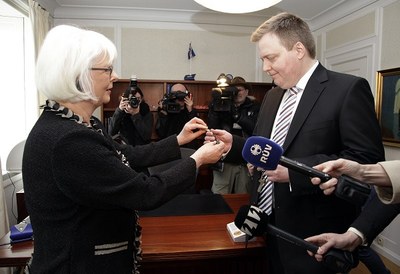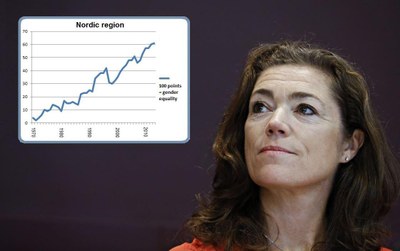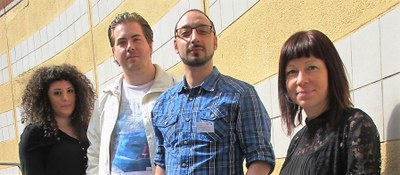 tema
tema
”Thank goodness – I’m a Svensson”
May 23, 2013 Youth unemployment is a priority for Stockholm Municipality. Considerable work is being done within the city and between the city and other authorities, in order to get young people off benefits and into work or education. Two projects show that strong support on an individual level can be a recipe for success.
tema
How hard can it be?
May 22, 2013 Businesses in the Swedish region of Södra Småland coined he phrase ‘How hard can it be?’ one year ago, when they initiated a meeting to address youth unemployment in the region. It was part corporate social responsibility and part a drive to attract more skills. In focus
In focus
Nordic countries: conflicting views on social dumping
Apr 16, 2013 The Nordic countries have chosen different strategies for how to fight social dumping. In Norway a Supreme Court judgement on working conditions in the shipbuilding industry has strengthened the trade unions’ roll. The Danish and Swedish governments are increasing workplaces controls.Will emigration from the Baltics in the long run undermine the Baltic countries?
Comments
Editorial: Bad working conditions under pressure
Apr 16, 2013 What do you do if your colleague works twice as long at half the pay that you get? There are trades and individuals who gravely exploit cheap labour, and in times of crisis many will accept a lot in order to get a job. What is being done in the Nordic region to make sure labour market rules are being followed? The fight against social dumping is this month’s theme in the Nordic Labour Journal.
tema
Nordic region increases fight against social dumping
Apr 16, 2013 335,000 citizens from EU’s new member states moved to the Nordic region between 2004 and 2011. A considerable number of workers and service providers from these countries have also been posted there during the same period of time. Foreign labour has represented a positive contribution to the economic growth, but it has also put pressure of wages and working conditions.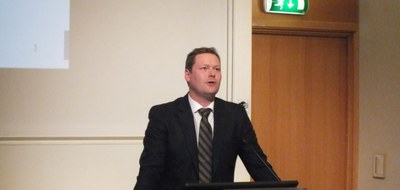 tema
tema
Norway has its Laval judgement - but this time the union won
Apr 16, 2013 On 5 March Norway’s Supreme Court passed judgement in what in Norwegian has become known as ‘verftsaken’, or the shipbuilding case. The judgement has been called the most important win for the Norwegian Confederation of Trade Unions (LO) in recent times. Losing this case could have been as significant for the fight against social dumping as the Laval case in neighbouring Sweden.
tema
Sweden: “More social dumping” after easing of labour immigration laws
Apr 16, 2013 In December 2008 the law for labour immigration into Sweden for people from outside the EU and EEA was changed. The labour market test was abandoned and today individual employers decide whether there is a shortage of labour. Critics say this means many employees no longer are protected by the law. tema
tema
Emigration threatens the Baltics
Apr 16, 2013 Emigration from the Baltic countries threatens to undermine their entire social structure. Now the Nordic Council of Ministers wants to map the migration and its consequences. NLJ has met two Estonian construction workers who explain why they moved to Finland - and why they don’t plan to return.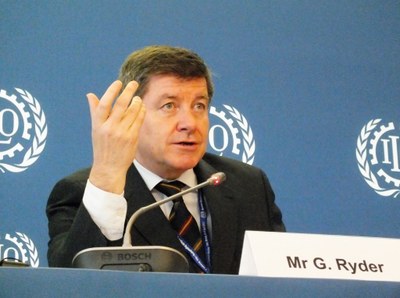 Insight
Insight
ILO: Europe’s youth must get jobs and regain their confidence
Apr 16, 2013 The ILO will help put the youth guarantee into practice and make sure €6bn granted by the EU will be used to get Europe’s youth into work. The ILO will play a stronger role in helping crisis-hit European countries to improve the economic, social and political consequences of the crisis and to reestablish trust in the countries.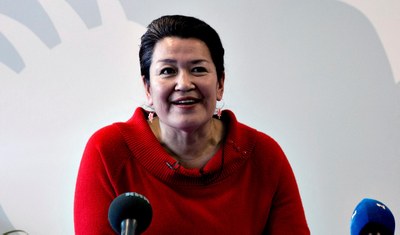 Portrait
Portrait
Greenland’s new leader inspired by Mandela
Apr 16, 2013 Greenland politics is literally on the move after the 12 March elections. Boxes, lever arch files and personal belongings are strewn around corridors of the devolved government in the centre of Nuuk, while newly elected members move into their new offices, and meeting rooms are changing owners.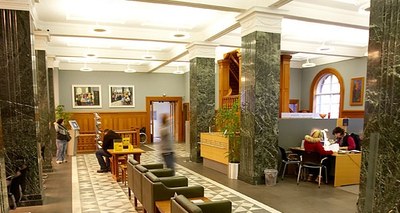 News
News
Iceland: Banking staff face health problems after crash
Apr 16, 2013 The health of banking staff has deteriorated since the 2008 Icelandic banking crash. Those who lost their jobs and found new ones are doing better than those who stayed in their original jobs. The number of bank workers visiting health clinics doubled between 2008 and 2012.
News
Working environment one important key to get Swedes to work for longer
Apr 16, 2013 On 9 April the Swedish pension group presented its final report ‘Measures for a longer working life’. As we live longer we need to work for longer, and the review recommends establishing a flexible ‘a recommended retirement age’ for pensions, linked to life expectancy.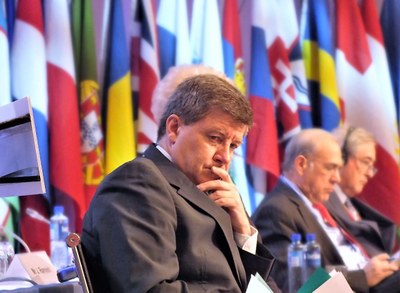 News
News
